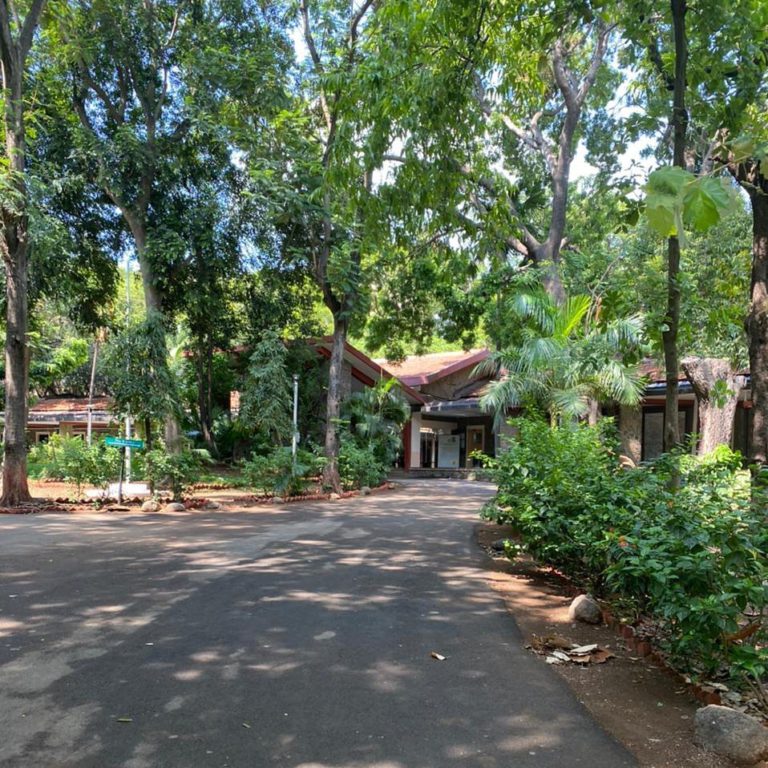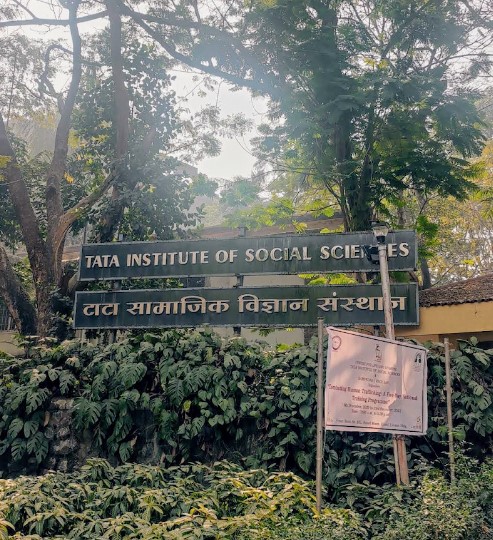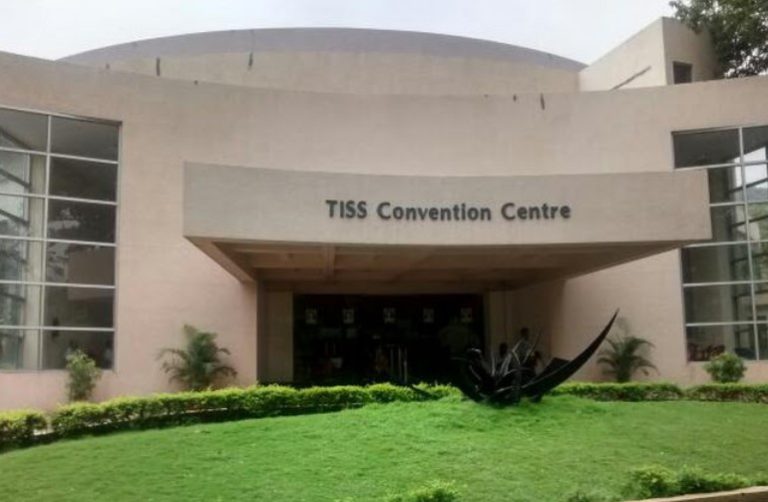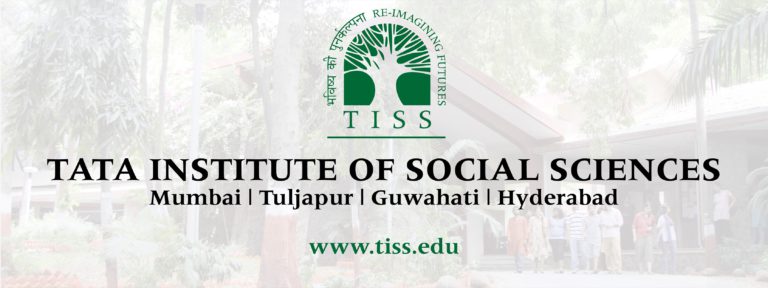The Tata Institute of Social Sciences (TISS) was established in 1936 as the Sir Dorabji Tata Graduate School of Social Work. In 1944, it was renamed as the Tata Institute of Social Sciences. The year 1964 was an important landmark in the history of the Institute, when it was declared Deemed to be a University under Section 3 of the University Grants Commission Act (UGC), 1956.
Since its inception, the Vision of the TISS has been to be an institution of excellence in higher education that continually responds to changing social realities through the development and application of knowledge, towards creating a people-centred, ecologically sustainable and just society that promotes and protects dignity, equality, social justice and human rights for all.
The beginning of social work education in India. The Sir Dorabji Tata Trust establishes the Sir Dorabji Tata Graduate School of Social Work with 20 students. Dr. Clifford Manshardt is its first Director. The beginning of social work education in India. The Sir Dorabji Tata Trust establishes the Sir Dorabji Tata Graduate School of Social Work with 20 students.
The Sir Dorabji Tata Graduate School of Social Work is renamed as the ‘Tata Institute of Social Sciences’. In the aftermath of the Partition, the Institute sends a relief team of students and faculty to work in refugee camps. This tradition of responding to human needs and natural disasters by sending relief teams continues even today.
The Unit for Child and Research Youth – the first research unit of Institute theis set up with support from the UNICEF. Other research units are also set up in relevant areas, between 1970 and 1984.
Evening certificate programmes are initiated in (i) Hospital Administration, and (ii) Personnel Management and Industrial Relations. These programmes later develop into Diploma Programmes.
In 1993, Master’s degree programmes in Health Administra- tion and in Hospital Administration are initiated.
In 2002, The National Assessment and Accreditation Council (NAAC) awards a 5-Star rating to the Institute. A Bachelor’s programme in Social Work commences at the TISS Tuljapur Campus.
Diploma programmes in Sustainable Development commence in Ladakh and in the Andaman & Nicobar Islands.
In 2007, Three new Master’s Degree programmes Disaster Management, Globalisation and Labour, and Social Entrepreneurship-and two new Diploma programmes Media and Cultural Studies, and Psychosocial Care and Support in Management Disasterare initiated.
In 2008 Three Master’s programmes Degree-Disability Studies and Action, Media and Cultural Studies, and Health Public-and one Diploma programme in Gerontology are initiated. School of Habitat Studies established. In 2009, Three new Master’s programmes Degree-Habitat Policy and Practice, Counselling, and Women’s studies – and one Diploma programme in Counselling initiated.
In 2010, Two new Master’s programmes – Public Health in Health Policy, Economics and Finance, and Social Work in Rural Development- initiated. NAAC re-accredits the Institute with an ‘A’ Grade and a cumulative grade point of 3.88 out of 4.00, one of the highest scores awarded to universities accredited this far.
In 2012, Two new Master’s programmes – Public Health in Health Policy, Economics and Finance, and Social Work in Rural Development- initiated. NAAC re-accredits the Institute with an ‘A’ Grade and a cumulative grade point of 3.88 out of 4.00, one of the highest scores awarded to universities accredited this far.
The number of Master’s programmes offered by TISS increased from 4 to the current 38; a revamped M.Phil.-Ph.D. programme was introduced, and several new Diploma and Certificate programmes as well. New TISS campuses in Guwahati and Hyderabad are established.
Sorry, no records were found. Please adjust your search criteria and try again.
Sorry, unable to load the Maps API.




